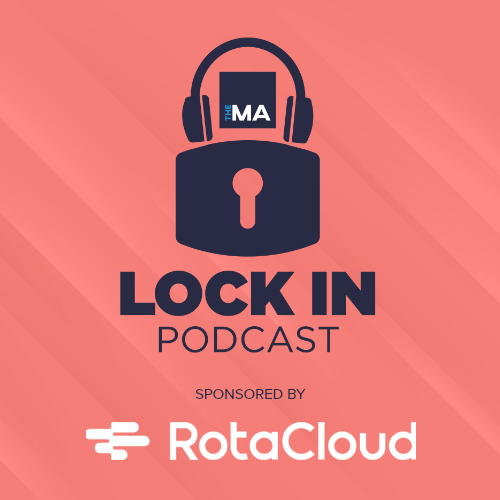A drink to your good health

There is no other reason for seeking to make “protecting and improving public health” (Scotland’s version) a licensing objective, unless a reduction in alcohol consumption generally by the population is intended.
The health lobby have recently received something of a setback when the Government decided, on reflection, not to implement a fix on the unit price of alcohol available for sale. Even if you are convinced that general alcohol consumption ought to be reduced further (its trend is downwards and has been for several years) then there are other methods (other than price) which can and have been used, for example in relation to smoking; principally a publicity campaign, education and local support networks.
Unfortunately (for the industry both ‘on’ and ‘off’) the licensing process and its increased politicisation nationally and locally provides a soft underbelly for the health lobby to attack, which other industries who are involved in processes which may lead to poor health do not have.
Even the most diehard pro-alcohol lobbyist would have to accept that excessive alcohol consumption can have devastatingly damaging consequences not just to the individual concerned but to others, but the difference is that low or moderate alcohol consumption can be of benefit and therefore overall consumption should not be the target but only those who consume excessively.
If I have one cigarette, it must damage my health, but if I have one pint of good beer or one glass of red wine then there is considerable evidence that this can be of benefit.
Threat
Other areas that avoid the requirement for a local authority licence are industrial food manufacturers, some of which make products with high levels of chemicals and sugar, and the fast-food industry, which does not need a local licence (prior to 11pm) to sell its products, but which may add to what is probably the UK’s greatest health threat — increasing levels of obesity generally and particularly in young people.
How much easier it is to target health and to link it generally to alcohol consumption when the local authority’s consent is required to enable the business to function.
This process has been ongoing, and has included adding Regional Health Authorities as a responsible authority (since April 2012), who now play a part in the licensing process and can make representations using the current four licensing objectives; how much more effective could they be if the issue of health could be brought to the table?
I imagine it would be much harder in certain areas to obtain a new licence or extend an existing one if health had to be promoted in some way by the operator, particularly where it seeks a licence in a zone which is already saturated with licensed premises.
'Good health'
As I write this, I pause to reflect on where and when alcohol and its consumption seems to have lost its link to good health and moderate alcohol consumption, despite the presence culturally of the comic drunk whom the anti-lobby may now consider as not taking the issue seriously enough!
I am thinking of the toast “good health” which is associated with an alcoholic drink (and not a cup of tea) and the historical link to its restorative qualities.
For example, my parents’ old-fashioned remedy for an upset stomach was a measure of port and brandy, and very pleasant it was too, infinitely preferable to milk of magnesia (if you can remember that)! I am afraid that even now if I have a cold, my preference is for a hot toddy rather than Benylin.
I know I am heading down the nostalgic path and that medical science’s understanding of alcohol and its effects has moved on.
Antidote
I also note that the Private Members Bill has no real prospect of success and indeed the Government has for the time being rejected the addition of public health as a licensing objective. Nevertheless, the threat to the industry (off and on) remains.
It seems to me that the industry must continue to resist the view that alcohol consumption per se is a threat to health and emphasise that only excessive alcohol consumption poses a threat; and that pubs in particular, with their great social utility are in many ways an antidote to excessive alcohol consumption.
The industry must at all costs avoid having to fight battles to obtain or improve licences where health is an issue which local authorities can consider, because having to make the case for increased alcohol consumption promoting the “public health” licensing objective will be very challenging indeed.
This article was written by James Anderson and Graeme Cushion at Poppleston Allen







